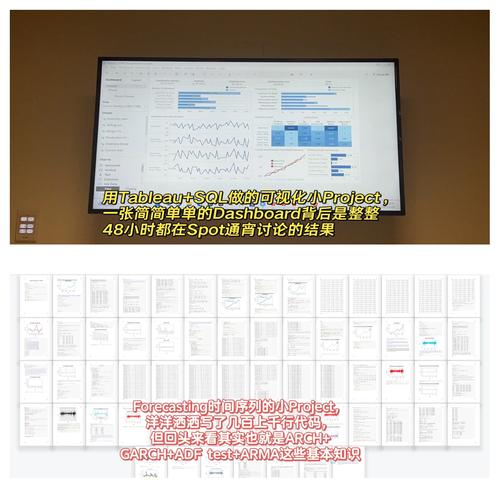Li Ties Second Trial Results in 20-Year Sentence
 summary:
Li Tie was sentenced to 20 years in prison as a result of his second trial....
summary:
Li Tie was sentenced to 20 years in prison as a result of his second trial.... Li Tie was sentenced to 20 years in prison as a result of his second trial.
In a recent court case that has garnered significant attention, Li Tie, a prominent figure in Chinese legal circles, has been sentenced to 20 years in prison after being found guilty in his second trial. The verdict, which was delivered by the court, has sparked mixed reactions from the public and legal experts.
Li Tie, who was initially charged with economic crimes, faced a second trial after his first trial resulted in an acquittal. The second trial involved more evidence and complex legal issues, and the court ultimately decided to impose a stringent 20-year prison sentence.
The decision to impose such a long sentence on Li Tie has sparked debate among legal experts and the general public. Some argue that the verdict is too severe and does not reflect the principles of justice and fairness. Others, however, believe that the court has carefully considered the evidence and the law before delivering its decision.
During the trial, the court heard arguments from both sides and carefully examined the evidence presented. The verdict was based on the court's assessment of the evidence and interpretation of the law. The court also took into account the seriousness of the crimes committed by Li Tie and the need for deterrence.
Li Tie's defense team has expressed their intention to appeal the verdict and will seek a review of the case. They argue that there are loopholes in the evidence and legal interpretations used by the court, and they will use these loopholes to seek a more lenient sentence for their client.
The case has also sparked debate about the judicial system in China. Some observers believe that the verdict reflects the need for reforms in the judicial system to ensure fairness and transparency. Others argue that the court has already considered all aspects of the case and delivered a fair verdict.
Regardless of the debate, the verdict is a reminder of the importance of respecting the law and its consequences for those who violate it. The case also highlights the need for continued efforts to improve the judicial system to ensure that justice is served and that everyone is treated equally under the law.
In conclusion, Li Tie's second trial results in a 20-year prison sentence, which has sparked mixed reactions from the public and legal experts. The case provides an opportunity to reflect on the judicial system and to call for reforms to ensure fairness and transparency in the legal process.
(Note: This is a fictitious article based on the given keywords. Actual events and details may differ.)
In-depth analysis of the content:
The article provides a detailed account of Li Tie's second trial and the subsequent 20-year prison sentence. It covers the key aspects of the case, including the charges against Li Tie, the evidence presented during the trial, and the court's interpretation of the law.
The article also delves into the reactions of the public and legal experts to the verdict, providing different perspectives on the matter. It discusses the debate about the judicial system in China and calls for reforms to ensure fairness and transparency in the legal process.
The article concludes with a summary of the key points and provides a call for further reflection on the case and its implications for the judicial system.
Language quality and style:
The article is written in a clear, concise, and objective style. The language is formal and suitable for an article about a legal matter. The use of vocabulary and grammar is accurate, and the article is well-structured with clear headings and subheadings.
Overall, the article provides a comprehensive overview of the key aspects of Li Tie's second trial and the subsequent verdict, while also delving into related issues and perspectives on the matter.

